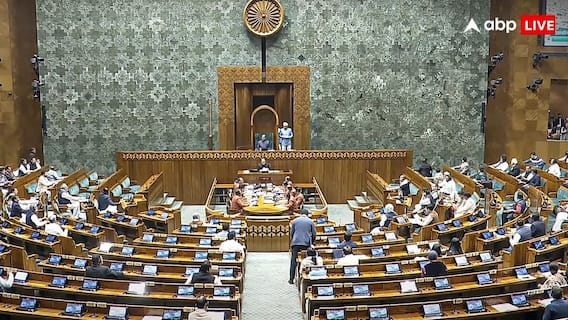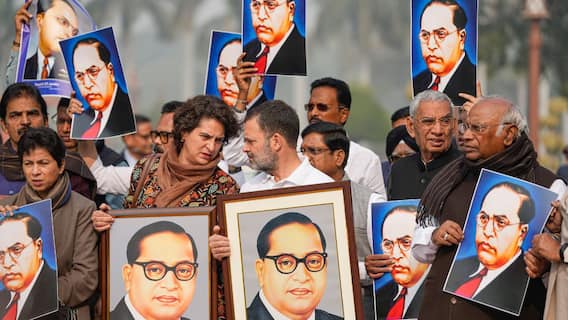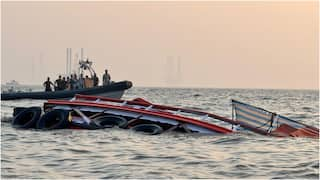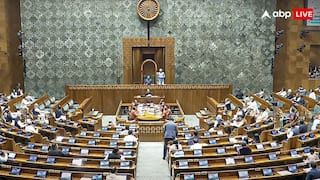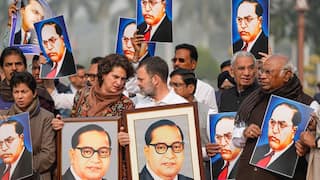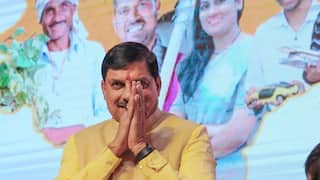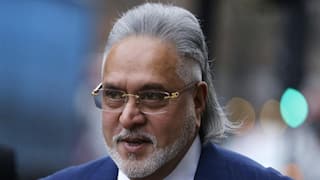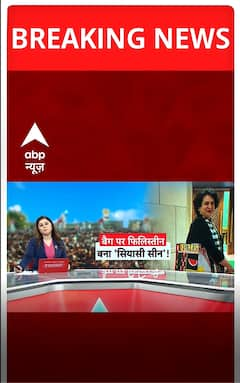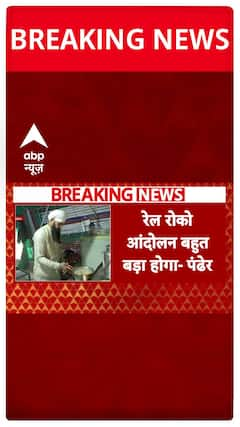Make-in-India Initiatives Curbed Toy Imports By 70%, Exports Rise 61%: Govt | Know How
Some of the interventions in the toy sector included getting the toys under compulsory Bureau of Indian Standards (BIS) certification, quality testing and an increase in customs duty

The Make-in-India initiative by Prime Minister Narendra Modi has shown positive results for the toy sector, with imports declining by 70 per cent and exports rising by 61 per cent in the past three years, the government data showed on Tuesday.
Speaking at the 13th edition of Toy Biz B2B (Business to Business) International Exhibition, Anil Agrawal, additional secretary, department for promotion of industry and internal trade (DPIIT) noted the measures enforced by the Prime Minister on “Rebranding the Indian Toy Story”.
Considering Harmonized Commodity (HC) Codes such as 9503, 9504, and 9505, the value of import of toys in the country declined from $371 million in the financial year 2018-19 to $110 million in the financial year 2021-22. There was a decline of 70.35 per cent. The Harmonized Commodity Description and Coding System is an internationally standardized system of names and numbers to classify traded products.
ALSO READ: LPG Price Hike: Cooking Gas Cylinders Gets Costlier From Today. Check Latest Rates (abplive.com)
For instance toy imports with HS Code 9503 decreased even faster, from $304 million in FY18-19 to $36 million in FY21-22 for HS Code 9503, according to data released by the ministry of commerce and industry.
Meanwhile, exports witnessed a jump by 61.38 per cent over the same period. For HS Codes 9503, 9504, and 9505, the export of toys rose from $202 million in FY18-19 to $326 million in FY21-22, up by 61.39 per cent. While HS Code 9503, exports of toys witnesses a rise from $109 million in FY18-19 to $177 million in FY21-22.
How Make-in-India initiatives were implemented for the toy sector?
Some of the interventions in the toy sector included getting the toys under compulsory Bureau of Indian Standards (BIS) certification, quality testing and an increase in customs duty.
In February 2020, the government raised basic customs duty on toys from 20 per cent to 60 per cent.
As per the Quality Control Order (QCO), every toy shall conform to the requirements of relevant Indian Standard and bear the Standard Mark under a licence from BIS as per Scheme-I of BIS (Conformity Assessment) Regulations, 2018. This quality standard is applicable to both domestic manufacturers and foreign manufacturers for purpose of exporting toys to India.
Later QCO on toys was amended in December 2020 to exempt goods and articles manufactured and sold by artisans registered with Development Commissioner and also by registered proprietors and authorised users of a product registered as Geographical Indication by the Office of Controller General of Patents, Designs and Trademarks (CGPDTM).
BIS made special provisions on 17th December 2020 so as to grant licence to micro-scale units manufacturing toys without the testing facility for one year and not to insist on establishing an in-house facility.
BIS has granted 843 licences to domestic manufacturers from safety of toys, out of these, 645 licences have been granted for non-electric toys, and 198 licences granted for electric toys. In addition to this, 6 licences have been granted to international toy manufacturers.
Trending News
Top Headlines






